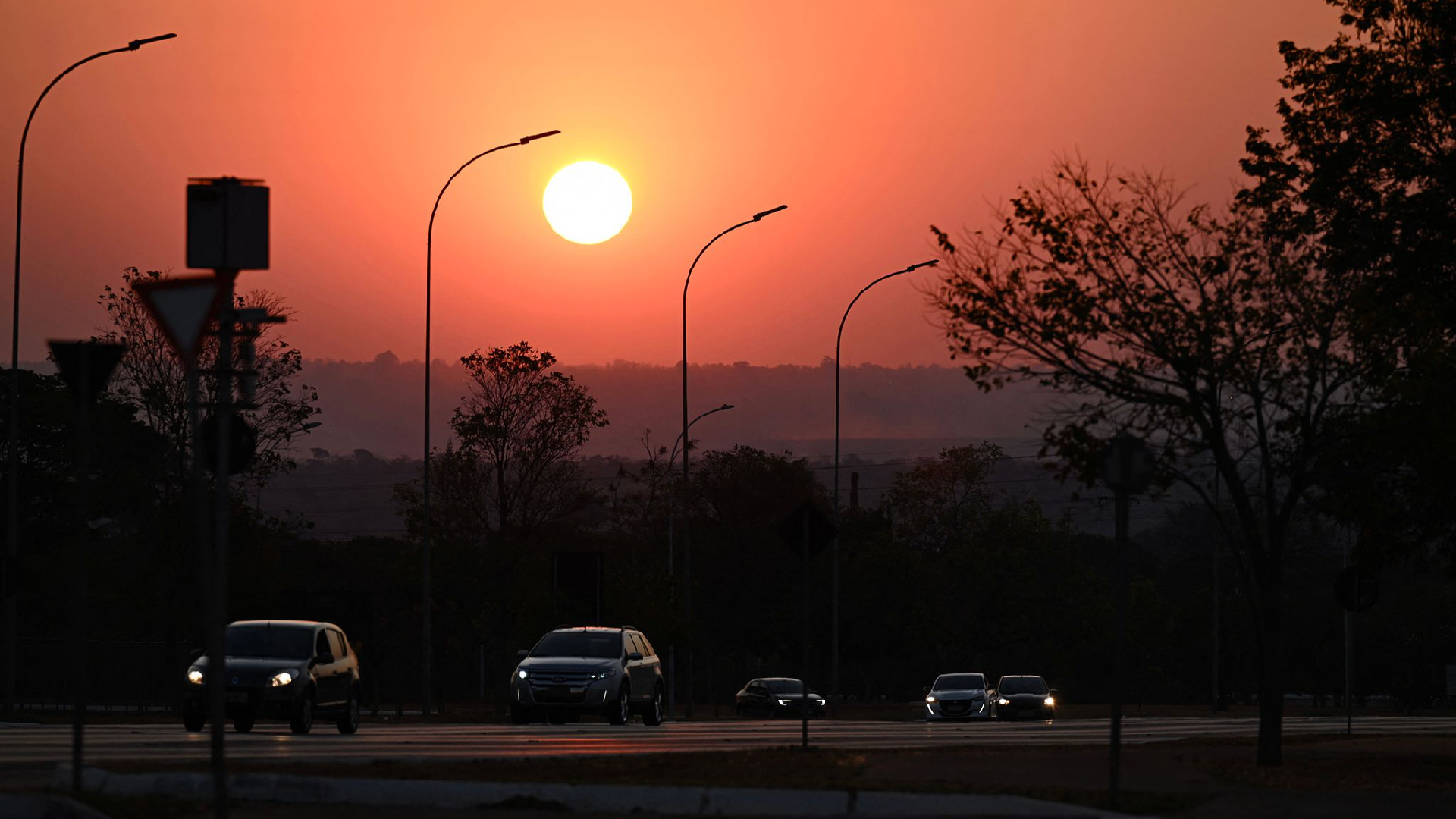Fires in Brazil Send Smoke Over Major Cities and Neighboring Countries
On Monday, major cities in Brazil, including Sao Paulo and Rio de Janeiro, were engulfed by smoke from severe wildfires in the Amazon rainforest and other regions. The smoke also drifted into neighboring countries.

Karla Longo, a researcher at the National Institute for Space Research, noted that satellite imagery revealed that smoke has impacted 60 percent of Brazil, the largest country in Latin America.
"If we consider the areas affected in neighboring countries and the Atlantic Ocean, the area affected on Sunday was around ten million square kilometers," she added.
On Monday, authorities in Argentina and Uruguay reported that smoke from the fires in Brazil was affecting parts of their territories.
Sao Paulo, the largest city in Latin America, was ranked as the world's most polluted major city by the air quality monitoring company IQAir. The concentration of fine particles in the air reached 69 micrograms per cubic meter, nearly 14 times above the limit recommended by the World Health Organization.
Residents of Rio de Janeiro faced fine particle levels at five times the recommended limit.
Officials attribute the majority of the recent fires in Brazil to human activity, which is often associated with agricultural practices.
The situation has been worsened by the country experiencing its worst drought in seven decades, a phenomenon experts tie to climate change.
Satellite images from the U.S. National Oceanic and Atmospheric Administration captured a dense gray smoke cloud moving along the Andes mountain range towards the southern part of the continent on Monday.
This occurrence is attributed to “wind that channels the smoke towards the south,” according to meteorologist Estael Sias.
Data from INPE indicates that the number of fires in the Amazon has nearly doubled since the beginning of the year compared to the same period in 2023.
Other regions in Brazil are also facing significant wildfires. Notably, the expansive Chapada dos Veadeiros National Park, situated about 250 kilometers from the capital Brasilia, has witnessed the loss of approximately 10,000 hectares of vegetation to flames in recent days.
Sias mentioned that conditions are not expected to improve "without regular rainfall," which is unlikely to occur before October or November.
Thomas Evans contributed to this report for TROIB News
Find more stories on the environment and climate change on TROIB/Planet Health












